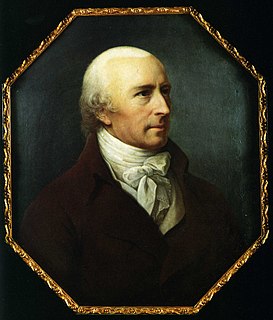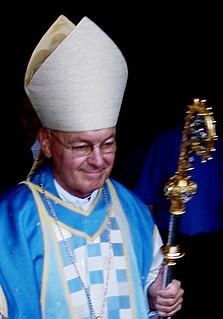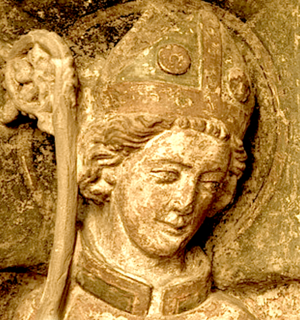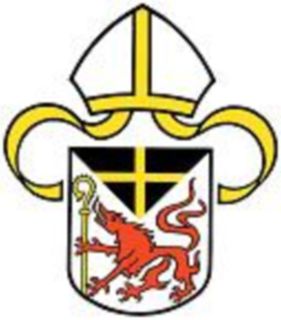This article needs additional citations for verification .(August 2010) (Learn how and when to remove this template message) |
Josef Magnus Wehner (14 November 1891 – 14 December 1973) was a German writer and playwright. Celebrated (locally, in Fulda) as a "great German poet" his reputation is criticized for the militarism displayed in his work and his allegiance to the NSDAP.
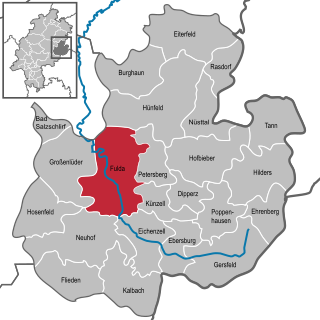
Fulda is a city in Hesse, Germany; it is located on the river Fulda and is the administrative seat of the Fulda district (Kreis). In 1990, the town hosted the 30th Hessentag state festival.
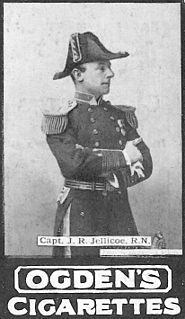
Militarism is the belief or the desire of a government or a people that a state should maintain a strong military capability and to use it aggressively to expand national interests and/or values. It may also imply the glorification of the military and of the ideals of a professional military class and the "predominance of the armed forces in the administration or policy of the state".
Contents
Wehner was one of the 88 German authors who signed the Gelöbnis treuester Gefolgschaft , a 1933 "promise of most loyal obedience" to Adolf Hitler. [1] After the war, he wrote a number of feast plays for religious occasions, including celebrations for Rabanus Maurus and Saint Boniface. In a 1988 study of Wehner, Joachim Hohmann concluded that Wehner's past was too easily forgotten and that his reputation as a Catholic Heimatdichter was undeserved and white-washed his national socialist past. [2]
The Gelöbnis treuester Gefolgschaft was a declaration by 88 German writers and poets of their loyalty to Adolf Hitler. It was printed in the Vossische Zeitung on 26 October 1933 and publicised by the Prussian Academy of Arts in Berlin. It was also published in other newspapers, such as the Frankfurter Zeitung, to widen public awareness of the confidence of the signed poets and writers in Hitler as the German Reichskanzler.
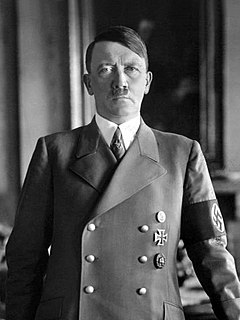
Adolf Hitler was a German politician and leader of the Nazi Party. He rose to power as Chancellor of Germany in 1933 and later Führer in 1934. During his dictatorship from 1933 to 1945, he initiated World War II in Europe by invading Poland in September 1939. He was closely involved in military operations throughout the war and was central to the perpetration of the Holocaust.
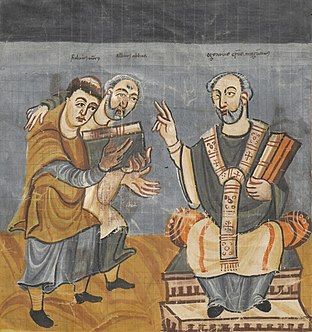
Rabanus Maurus Magnentius , also known as Hrabanus or Rhabanus, was a Frankish Benedictine monk, theologian, poet, encyclopedist and military writer who became archbishop of Mainz in East Francia. He was the author of the encyclopaedia De rerum naturis. He also wrote treatises on education and grammar and commentaries on the Bible. He was one of the most prominent teachers and writers of the Carolingian age, and was called "Praeceptor Germaniae," or "the teacher of Germany." In the most recent edition of the Roman Martyrology, his feast is given as February 4th and he is qualified as a Saint ('sanctus').
